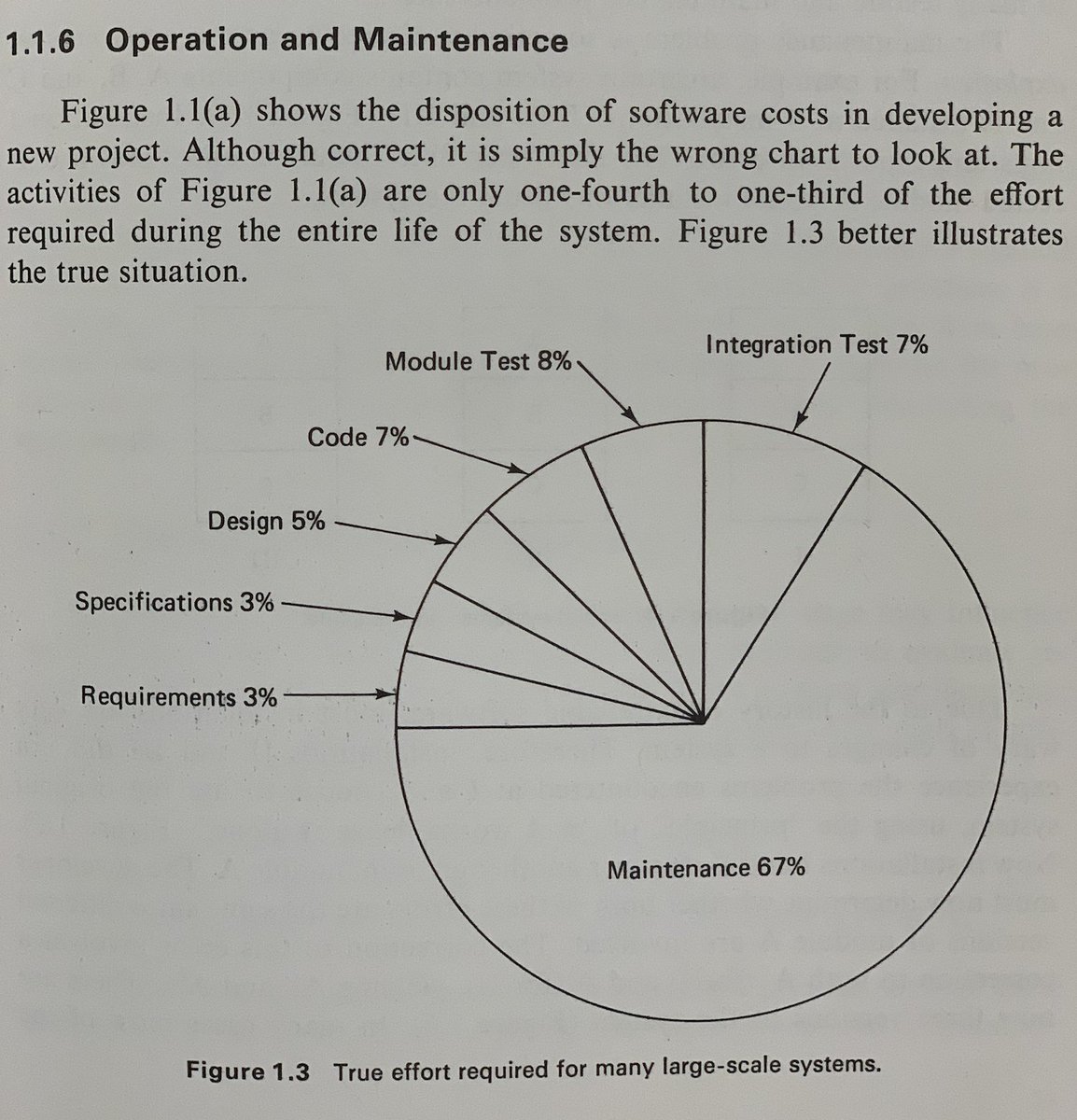
Interviewing new employees is a two-way street. On the one hand, you want to know them. On the other hand, you want them to know you, too.
It's also useful to remember that the interaction is also an investment on both sides.
1/
It's also useful to remember that the interaction is also an investment on both sides.
1/
While both parties are invested in similar ways, the conversation is not symmetric. For example, the interviewee is likely significantly more emotionally invested.
That's why as an interviewer, I prefer to compensate.
2/
That's why as an interviewer, I prefer to compensate.
2/
Typically, interviews are optimized for the act of filtering interviewees. In these situations the organization gains the most. The interviewee can at most get in. However, in the worst case scenario is that nobody learns anything.
3/
3/
I think we can improve on that. At the very least, the interviewee should get feedback. Not feedback like one gets from the HR representative. Real feedback about content.
And I think we can go a step further. What if we arrange the interview as a teaching scenario?
4/
And I think we can go a step further. What if we arrange the interview as a teaching scenario?
4/
There are plenty of things an organization can share with the individual to make the time more valuable. I am not talking about patronizing people. I am talking about sharing pieces that might be unique to the organization and from which others can learn.
5/
5/
For example, an interview for a software engineering position could focus on demoing a product, but from the inside. That is, to show implementation parts in a way that's exciting for the viewer. It could be a model. A deployment pipeline. Or some architectural organization.
6/
6/
This can be beneficial in several ways.
It focuses the conversation on what the interviewee could learn from.
It emphasizes what's important for the company.
It makes the organization more compassionate. More emphatetic.
7/
It focuses the conversation on what the interviewee could learn from.
It emphasizes what's important for the company.
It makes the organization more compassionate. More emphatetic.
7/
Interestingly, this design is beneficial for the organization, too. The questions of the interviewee in the context of a demo can be highly informative. Imagine showing a domain model only to get into a deep conversation about bounded contexts. Would that not be exciting?
8/
8/
Of course, such a scenario implies that the organization does know how to their systems in exciting ways. That the inside of their systems are explainable. And, that they are honest about what they value.
9/
9/
Perhaps that sounds too difficult. Still, imagine interviewee you reject going away satisfied. Perhaps even having learnt something new. Would that not be worth the effort?
10/
10/
• • •
Missing some Tweet in this thread? You can try to
force a refresh




